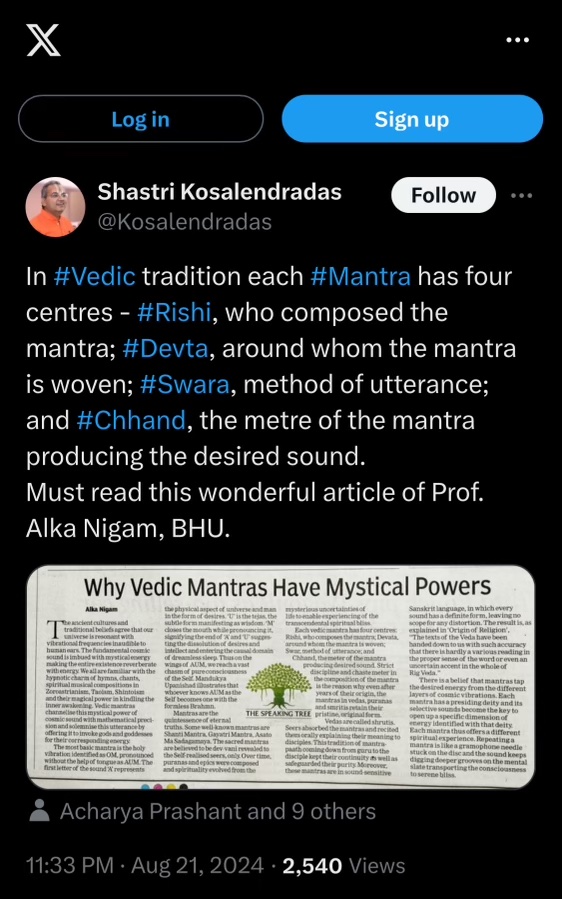Times of India
You going boat ride. OK come. No talk here. People watching. Golden temple, Kedar temple famous. Lots tourists coming. Season off now. Winter season coming. (Boatman).
Varanasi ancient city, Sir. Very very old. Varuna plus Assi jointed both called Varanasi. (Guide). Bijjaness is OK in Banaras. Here your tea is coming. Drink it. First I show you brocade famous from Banaras. (Shopkeeper) Love marriage no success in India. I caste no believe I find my standard girl. My father off. (Autorickshaw-driver) My name Arti Sharma.I am educate intermediate. My husband ready- made shop. Tourist better than Indian. Take mineral water, cigrete, tissue paper. No, no, no more money, print price only. (Shopkeeper)
This is Banaras. In spite of being labelled backward, traditional to the core, we Banarasis nonetheless speak English that is 100 percent intelligible. By international standards, it is as respectable as the English spoken by a German, an Austrian or a Russian shopkeeper, cab driver or waitress. English has flowered here to an extent it had never done in British times. Varanasi, in a microcosm, represents the best and worst of India. Accordingly in this tourist city all possible varieties of English and pronunciations flourish.
The campus of Banaras Hindu University is a mirror that accurately reflects the kind of English that has evolved over the years. The speeches and lectures of scholars and professors with their train ing abroad present examples of impeccable English (high quality). This impressed I A Richards so much that he wondered why students went to Oxford for higher studies when there were such distinguished scholars in BHU. The middle variety is a queer mixture of the cumbersome and colonial English of babus -“With due respect and humble submission I beg to…”, the informal English of students and a variety of imaginative usages. Here is a typical example of a student’s formal application: Most Respected Madamji, I beg to say that I am going to my LG’s place for 27th and 28th March. Kindly grant my leave and off my diet for 28th March and oblige.
Amusing situations pop up when “I have no father” is said to convey that his father is dead, embarrassing becomes ’embracing’, an English teacher asks children to “Open the windows, let the climate come in”, NS is pronounced as ‘anus’ and important as ‘impotent’.
Indian English projects Indian life and milieu in all its social, cultural and linguistic diversity. It has acquired acceptability and emerged as a self-respecting, established variety of English. ‘Variant’, and not ‘deviant’, is the word to define it. As Khushwant Singh says “What is the harm in taking English over and mauling it as we wish and pronouncing it as we want?”

Loved this one….